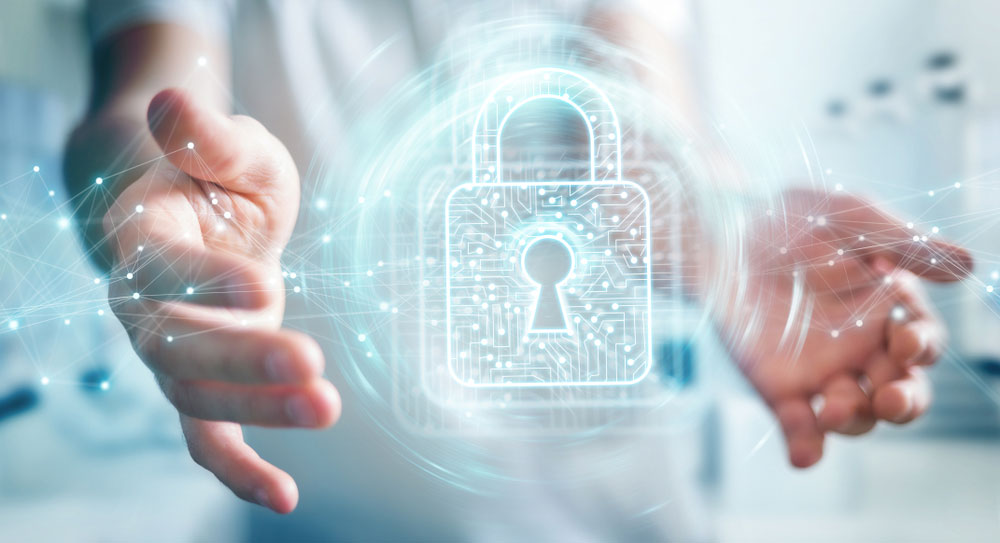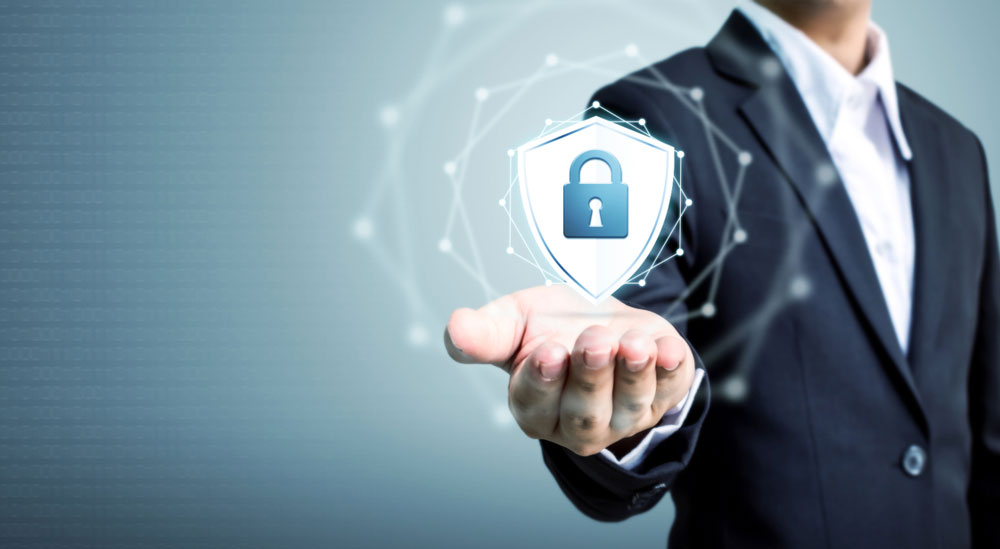Online Privacy And Digital Security Are More Important Than Ever

It is extremely easy to understand the need for a home security system to protect yourself and your family. But most of us don't think about keeping our loved ones protected online. It is hard to imagine that we spend a major portion of our day online, multiple times every single day, and we use a lot of our personal information for everyone to see; from our names to bank account details, everything from our lives is online.
Although over 66% of people think that information leaking and cyberattacks are extremely unlikely to happen, the truth is quite different. Over 17% of people claim that they have been victims of a cyberattack at least once in their lives. There is also a large percentage of people who are not sure about online privacy and data security, which is alarming and concerning. Therefore, just the way you think about home security, you must also think about digital security.
What is online privacy?
Online privacy, also known as digital privacy, is the amount of information and data, personal as well as financial, that remains private when you are online. It is a growing concern, with one's personal data and browsing history being at a constantly increased risk. An example of this is the number of data breaches rapidly increasing today.
Most people underestimate the significance of digital privacy. But one must be aware of the amount of information they share with others online, not just through social media networks but also by browsing.
Why is online privacy important?
The significance of online privacy becomes clearer as you try to make a list of all personal or professional information you are willing to share with strangers on the internet. You would not want to share your bank statements, medical records, and other personal data with strangers on the internet for obvious reasons.
It is extremely easy to gain access to your phone numbers, address, preferences, family or friends' information, etc., solely because of what you are sharing on the internet.
You could start by making your social media accounts private and sharing only specific content with a select few people. Avoid sharing personal information publicly.
What is digital security?
Digital security is a collective term describing all the resources employed to protect one's online identity, assets, and personal data. The tools can include but are not limited to web services, biometrics, secured personal devices, antivirus software, etc.
So, digital security is a way to protect your online identity.
Why is Digital Security Important?
This is simply because over seven million data records are compromised every single day! Cyber fraud incidents, cyberbullying, and abuse cases have increased by over 20% in just the first three months of 2020.
Cybercriminals and fraudsters are opportunists who love exploiting the value, volume, and variety of data available throughout the online world. All they require is one good "ignorant" person, and they are good for a month or so. Only one phishing and hacking attack reap rewards that can help them substantially.
Our excessive reliance on the internet for almost everything means we all have multiple things at stake daily. Therefore, we need to be impeccable when it comes to great digital security solutions.
How To Protect Your Online Privacy and Digital Security?

With just a few simple ways, you can make certain changes to your accounts as well as your devices to maintain digital security against online scammers' unwanted attempts to gain access to your data. This helps you protect your online privacy from the people you do not consent to share your information with.
It is extremely easy to get started on different methods to protect your online privacy and digital security. Here are a few things and changes you can make to protect yourself and your loved ones online.
Secure your accounts
In the last ten years, data breaches and their intensity have been a real shock to most of the world's population. Data breaches have affected not just people but also companies like Home Depot, Facebook, Marriott, and Equifax. So, if you also have an online account, scammers and hackers are more likely to gain access to your data.
You should be using a password manager to generate new and more complex passwords for each of your accounts. A password manager will also help you remember these passwords. This is the most important thing you should do to protect your online privacy and data security.
As you log into each and every account, a password manager will save all your passwords and help protect your and your family's safety.
Another thing you should do to protect your data and information is to use a two-step authentication system for all your online accounts. Most major social networking websites and banking websites offer this provision. The two-step authentication needs you to enter your password as the first step and then enter a number that only you can get access to. So, all the temporary codes you receive while trying to log in to your social media accounts are a two-step authentication method.
Protecting web browsing
Organizations are always tracking everything that people do online. All ads, social networking buttons, and websites always collect your personal information, location, online habits, and so much more!
All of this data collected by tracking you and every piece of information about you reveal so much more about you than you would ever expect. You could be finding yourself clever for never tweeting anything about yourself, your religious beliefs, and your medical problems on any social media platform. But, there are great chances that the websites you are regularly visiting will provide your personal information to data advertisers. This forms a part of the way targeted ads work. It is unsettling, but it is true.
You can block ads and data that other advertisers can collect by installing browser extensions. This extension prevents all forms of malware from running on your browser and offers you an easy way to block ads and keep yourself secure and safe.
You should also disable all internet-based adverts to curb stalker ads. This will not completely rid you of the problem but can significantly help you cut down the total amount of data they collect.
Installing HTTP everywhere also helps. HTTP extensions can automatically direct you to a secure version of a website as and when the website supports it. Therefore, it makes it really difficult for attackers to reach you, even when you are on public WiFi.
Some swear by Virtual Private Networks (VPN), but they are not the ultimate solution for everyone. If a person is frequently connected to public networks, VPNs become useful as they add another layer of security to one's browsing, where HTTP is not available. They also offer a level of security that minimizes tracking of your IP address.
Protect your computer with Antivirus
Viruses may not seem as common as they were 5-10 years ago, but they surely exist even today. Malicious software on one's computer can wreak havoc on your system and your privacy. Online privacy and digital security go down the drain when it comes to viruses invading your computer systems.
You could always be at risk of clicking on perilous links, or if you share your system with others in a household, it is worthwhile to set up antivirus software properly, especially when you have a Windows computer.
So, if your computer system runs Windows 10, you can use Microsoft's built-in antivirus software, Defender. Windows Defender offers security for most systems and people, and it is perhaps the primary antivirus software for them. If you run an older version of Windows, you should probably be updating to Windows 10 or 11, and if you are using a computer that is shared by others around you, you need that extra layer of protection through Antivirus software. Quality antivirus software pushes out dozens of intrusive notifications and offers extreme protection.
As far as people with Mac systems are concerned, they need not worry too much. The macOS has a lot of protection, especially when downloading all kinds of applications and software directly from their App Store, and only stick to popular, trusted browser extensions. But if you do want that extra protection on your macOS as well, try installing a good quality antivirus software.



